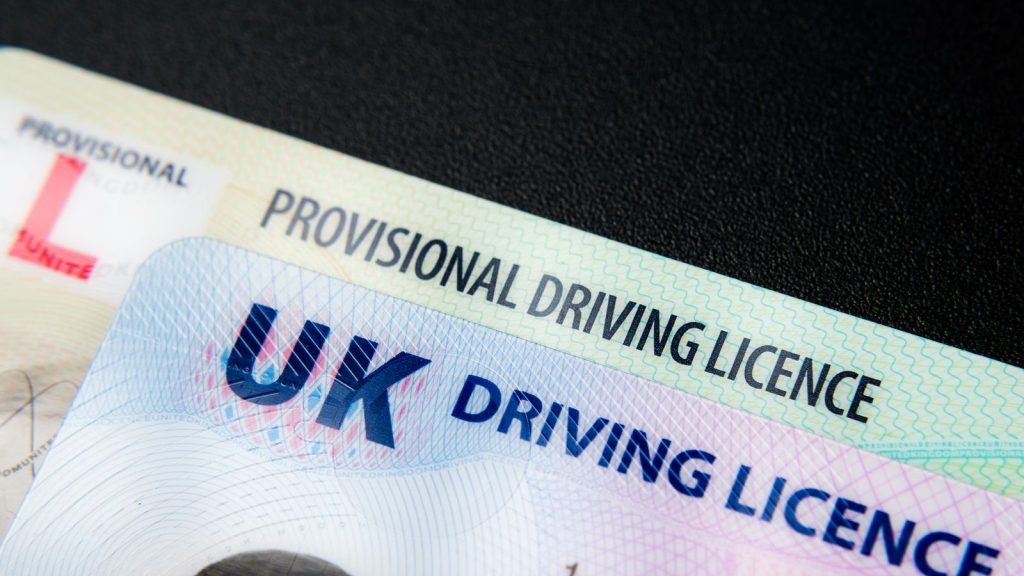Digital driving licences are set to be introduced later this year as part of a plan to modernize public services through technology.
These licences will be accessible on a new government mobile app and will serve as a valid form of identification for purchasing restricted items like alcohol, as well as for voting in elections and proving driving privileges.
The “GOV.UK Wallet” app, launching this summer, will also offer veteran cards, with DBS checks, Blue Badges, and other government-issued credentials to follow in the future.
According to Science Secretary Peter Kyle, this app will allow every government-issued document or identity verification to be presented virtually.
Latest political news: Sir Keir Starmer remarks on changing nature of terrorism
These changes are a response to a report that highlighted a £45 billion loss in productivity savings within public services due to outdated technology.
The app aims to streamline access to government services, making it easier to apply for childcare, benefits, apprenticeships, report lost passports, and receive notifications on new policy and service updates. The government may even introduce an AI chatbot in the future to assist with complex inquiries.
Though physical documents will still be available, the goal is for all government services to provide a digital alternative by 2027.
Utilizing smartphone technology like facial recognition will enhance the security of these digital documents, even in the event of a lost device, per government statements.
Read more from Sky News:
UK to experience dangerous winds
Trump pardons individuals involved in January riot
At least 66 fatalities in hotel fire
Mr Kyle further stated: “Similar to CDs, Walkmans, and flip phones, the cluttered drawer filled with government letters and the time-consuming phone calls to secure basic appointments will soon become a thing of the past.
“GOV.UK Wallet will transform the way government documents and identity verifications are issued to individuals virtually.
“For those who opt for GOV.UK Wallet, it will be simpler to prove eligibility for benefits, verify age when making alcohol or DIY purchases, with more enhanced security and trust than ever before.”
Several countries, including Australia, Denmark, Iceland, Norway, and some US states, have already implemented digital licences. In the EU, all member states are required to introduce at least one form of digital ID by 2026.
A
The announcement does not mandate compulsory national ID cards, a concept previously supported by former Labour Prime Minister Sir Tony Blair and former Tory leader Lord William Hague.
Both have previously advocated for a new ID system encompassing details like passports, driving licences, tax records, qualifications, and work status, which could be stored on a mobile device.
Sir Tony attempted to introduce such a scheme during his tenure, but it was discontinued by the coalition government.
He argued that it could save the Treasury £2 billion annually in the long run and help regulate migration, but the proposal was swiftly dismissed by Labour after winning the general election in July.
Opponents of ID cards have raised issues regarding privacy and what they view as unnecessary data collection by the government.


